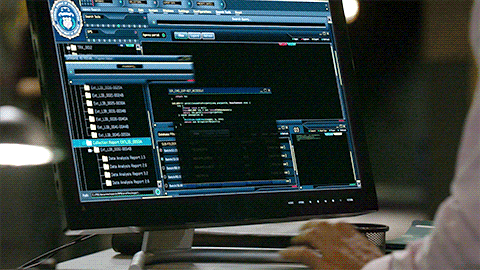
Remote Access Scams have become a growing concern in Australia, with authorities warning the public to remain vigilant and exercise caution when granting remote access to their devices.
Remote Access Scams involve fraudsters posing as legitimate representatives of well-known companies or financial institutions who contact unsuspecting victims and request access to their devices remotely.
Once access is granted, scammers can access sensitive information such as personal and financial data, login credentials, and other private information.
In some cases, they may even install malicious software or malware onto the device, giving them complete control over it.
To avoid falling victim to these scams, authorities have advised the public to be wary of any unsolicited requests for remote access, especially if they come from an unknown or unverified source.
They have also encouraged individuals to verify the authenticity of any requests by contacting the company or institution directly, using contact details obtained from a trusted source.
The Australian Competition and Consumer Commission said in its list of guidelines, “Do not click on any links or open attachments from texts claiming to be from your bank or another trusted organisation and asking you to update or verify your details — just press delete.”
“Never provide your personal, credit card, or online account details if you receive a call claiming to be from your bank or any other organisation. Instead, call your bank to check,” they added.
The consequences of falling victim to a Remote Access Scam can be severe, with victims potentially facing significant financial losses and other negative impacts on their personal and professional lives.
As such, it is essential to remain vigilant and take all necessary precautions to protect personal information and prevent unauthorised access to devices and accounts.
By staying informed and taking proactive steps to safeguard personal information and devices, Australians can protect themselves from the growing threat of Remote Access Scams and other types of online fraud.

More Stories
Killnet and AnonymousSudan Collaborate to Launch Cyber Attacks on Western Organisations
In recent news, it has been reported that two Russia-sympathetic hacktivist groups, Killnet and AnonymousSudan, have allegedly launched a series...
$4000 Gone In An Instant: Mother Defrauded in Facebook Marketplace Car Deal
A mother of four is warning others to be cautious after believing she had purchased a safe and dependable car...
Shocking Scam: Sydney Family Loses $200K Life-Savings in Suncorp Spoofing Fraud
A family from Sydney has lost their life savings worth $200,000 due to a fraudulent scam. Peter and Madison, who...
Mysterious Money Transfer Leaves Couple Speechless: How They Got an Unsolicited $4000
A young couple in Melbourne claims their bank is making up a personal loan they do not understand. Ashley and...
Phishing + AI + Voice Cloning= Big Trouble: The New Way Criminals are Stealing Your Money
New Alert: Criminals use AI and voice cloning to trick you out of your money. Earlier this year, Microsoft unveiled...
‘Impossible to Spot’ Delivery Scam Email Targets Australia Post Customers – Don’t Fall Victim!
Unsuspecting shoppers should be cautious as a parcel delivery scam that is hard to distinguish targets Australia Post customers. Email...


